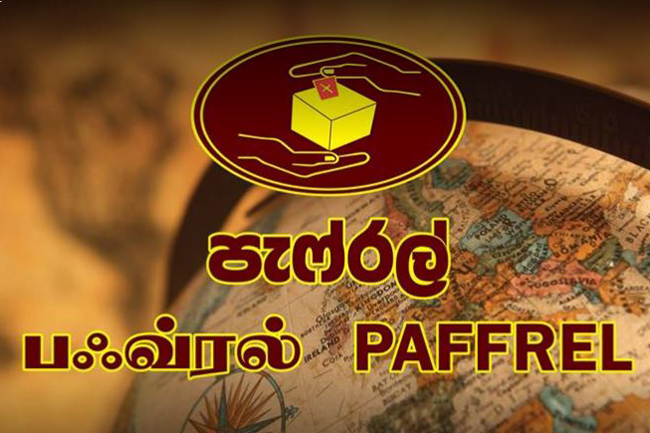A large number of Sri Lankans left the country between 2019 and 2024, which was one of the main reasons for the lower voter turnout in the 21 September Presidential Election compared to 2019, Rohana Hettiarachchi, Executive Director of the People’s Action for Free & Fair Elections (PAFFREL), told The Island yesterday.
Commenting on the low voter turnout, Hettiarachchi said that almost 80% eligible voters had exercised their franchise, compared to approximately 81 percent in the 2015 presidential election, and 74.5% in 2010.
“The voter turnout on 21 September wasn’t low; it’s actually a good percentage. We must remember that around 15 percent of the individuals on the voters’ list are no longer in the country. Additionally, another 500,000 to a million people couldn’t reach polling stations due to various obstacles, including not being granted leave from work. In 2019, about 83 percent voted, but since then, many people have left the country,” he explained.
Discussing the upcoming 14 November general election, Hettiarachchi noted that around 3,000 candidates would contest, compared to approximately 80,000 candidates who contested the local government elections.
He further highlighted that presidential candidates were permitted to spend 109 rupees per voter on election propaganda, while candidates for the 2023 local council elections were authorised to spend 20 rupees per voter.
“I believe candidates in the General Election will be allowed to spend an amount somewhere between these two figures. After the nomination period ends, political party representatives will be summoned to the Election Secretariat within five days to finalise the spending limit per voter during the campaign. We’ve already consulted relevant state entities and election stakeholders, and after considering all inputs, the Election Commission will set spending limits for candidates,” Hettiarachchi elaborated.
He also mentioned that candidates are required to submit their expenditure reports within 21 days of the election. The Election Commission must then make these reports public within 10 days, after which the public can lodge complaints regarding candidate spending.
“Soon, candidates for the presidential election will have to submit their expenditure reports. I expect some candidates to submit reports claiming they haven’t spent any money—these are the so-called ‘dummy candidates’,” he said.
He warned that if the Election Commission does not take steps to address the issue of dummy candidates, their numbers will increase in the future. He noted that there had been a recent proposal to raise the electoral deposits candidates must place when contesting elections.
The proposal suggested that candidates from registered parties contesting the Presidential Election should deposit 2.4 million rupees, up from the current 50,000 rupees. Independent candidates would be required to pay 3.1 million rupees, instead of the current 75,000 rupees.
“I understand there are candidates who receive very few votes, but they are not dummy candidates. These are serious individuals who want to promote their political message. We need to consider such people before drastically increasing the deposits,” he said.
Hettiarachchi also revealed that PAFFREL had identified several polling stations with issues related to accessibility and inadequate facilities. In areas like Nuwara Eliya, many polling stations are set up in places such as tea factories, which have minimal infrastructure.
“We are planning to conduct a study on the facilities available at these polling stations. We want to identify polling centres with very limited facilities and assess whether there are alternative buildings that could be used. Sometimes the Election Commission is forced to use certain buildings because they are the only available structures in the area,” he noted.
In some countries, temporary polling centres are established in easily accessible locations, allowing even the elderly and disabled to vote without difficulty, Hettiarachchi said. “In Sri Lanka, some polling stations are located on small mountains. However, the Election Commission is very mindful of these challenges and is doing its best to address them,” he added.
Hettiarachchi pointed out that, given Sri Lanka’s progress in eliminating voter fraud, the practice of marking voters’ fingers with ink is no longer necessary. This practice was introduced before a valid identity card was required for voting.
“Before 2006, presenting your ID was not mandatory. Now, you cannot vote without a valid identity card, yet we still mark voters’ fingers, mainly as a tradition. Several other countries that mandate identity cards for voting continue this practice. However, it’s worth noting that the Election Commission spends a significant amount of money on this ink,” he concluded.


